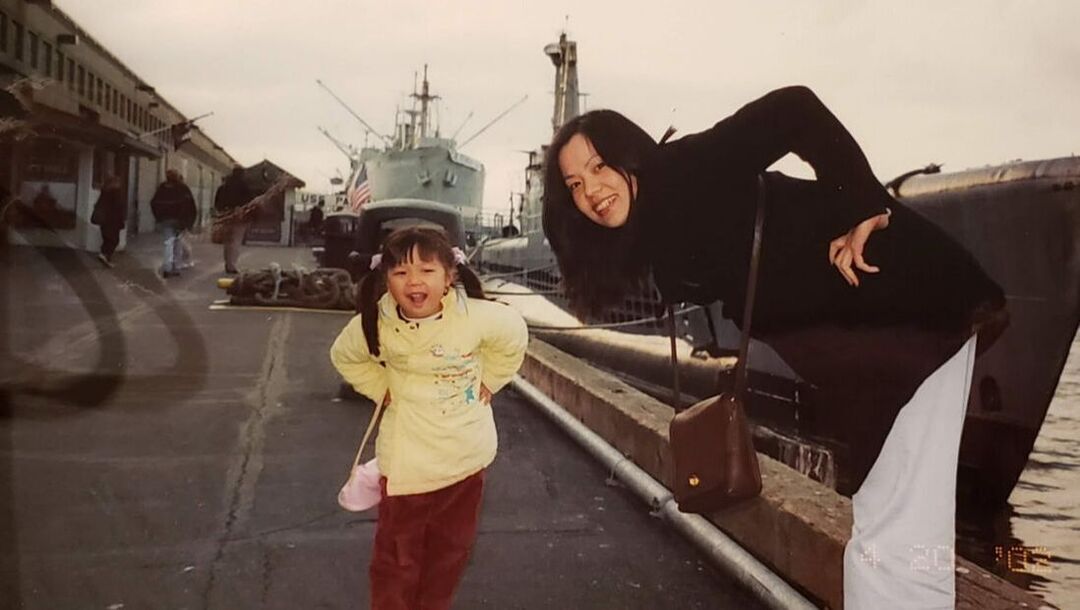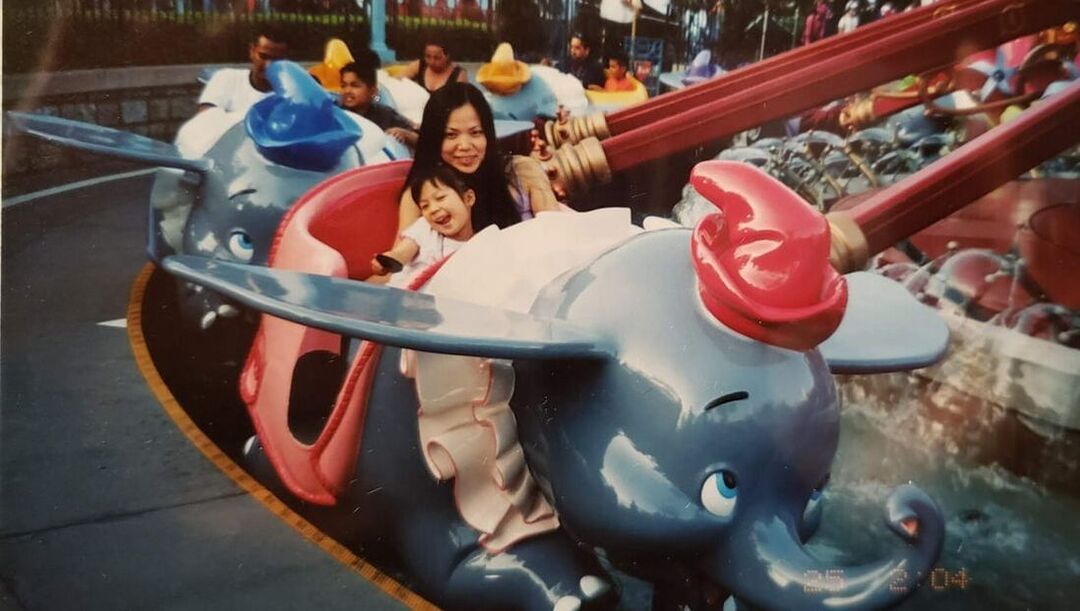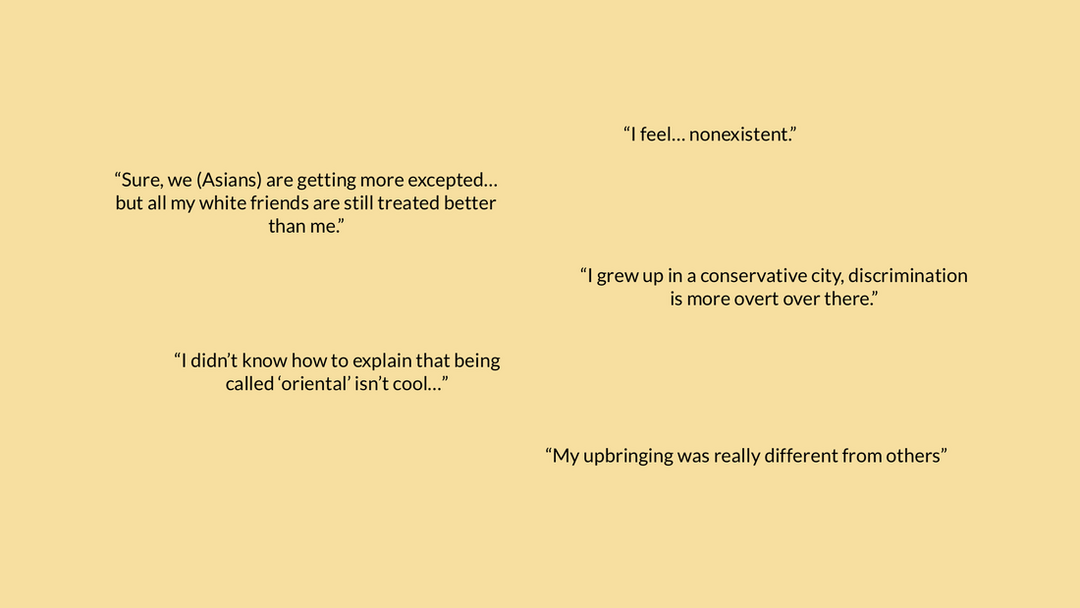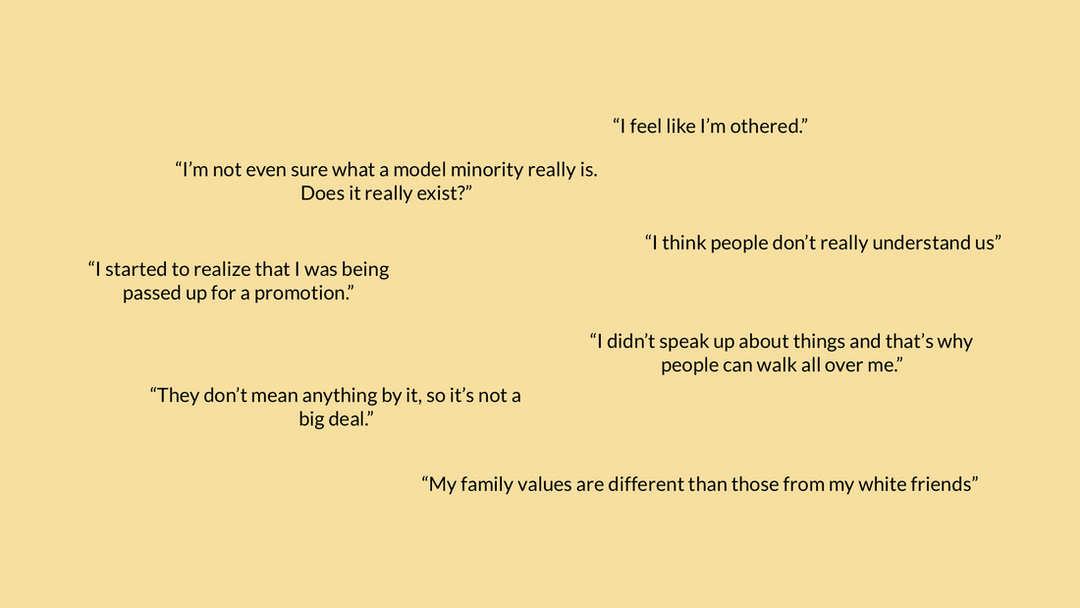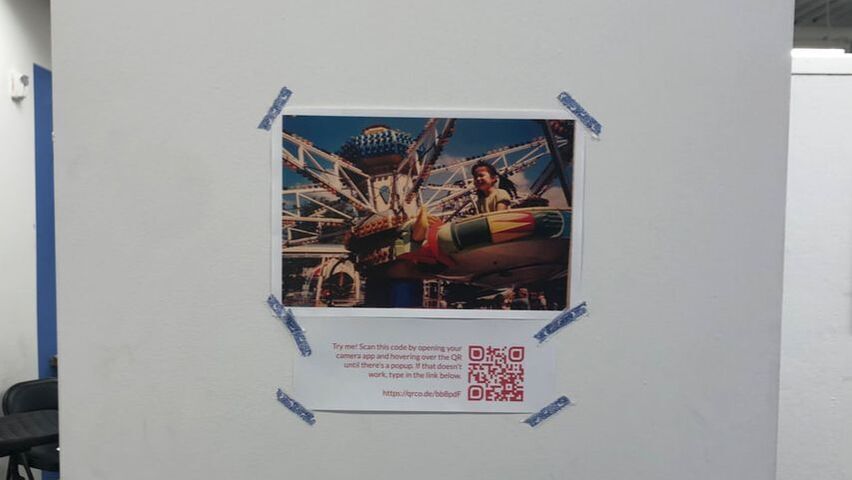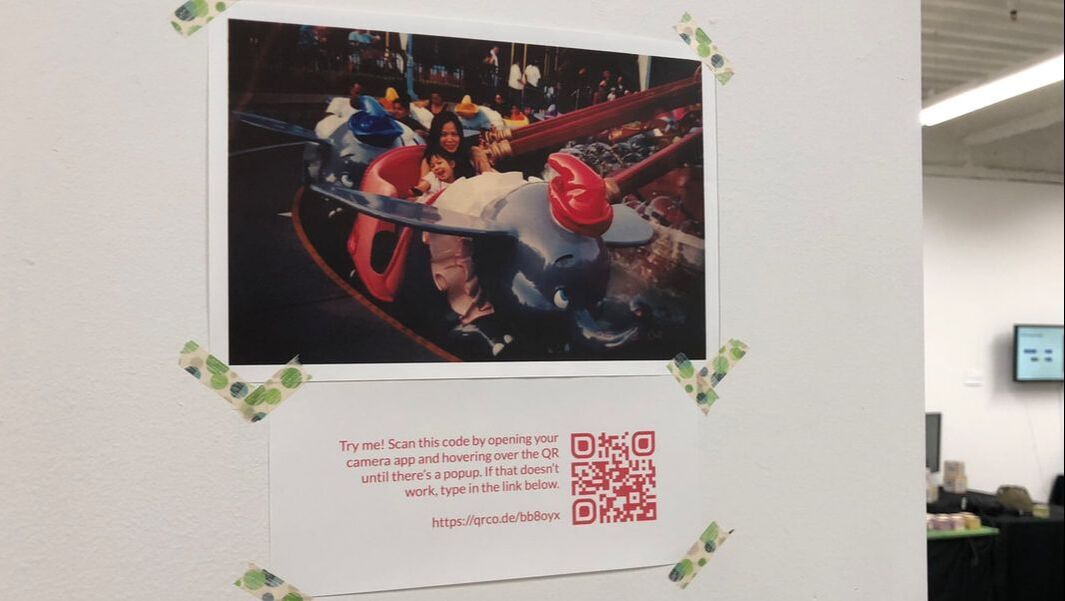Hey Listen
An interactive audio journey.
Using audio to tell meaningful stories.
For years it has been my passion to create a story based on something near and dear to me - microaggressions. They are small, everyday slights made towards minorities that further alienate them from society. Hey, Listen is a project that focuses on my own experiences - it's completely autobiographical and tries to further understanding on something many people don't know about. This project has always been about marginalized voices - and what way to highlight them than to use audio? My own voice plays a heavy role in this project.
Starting from the beginning...
I believe that many stories have to start with good research and for that, we had to go back to my past. I was born in San Francisco, California, and spent much of my childhood being raised by my mother. I'm fully Asian American - I grew up steeped in a rich Chinese culture, as both of my parents are immigrants from China, but I also grew up with American values. As I got older the disconnect between each culture became apparent to the point I no longer felt like I belonged to either group. I started to realize a lot of these feelings stemmed from one thing - microaggressions.
What are microaggressions? The term refers to "brief, everyday exchanges that send denigrating messages to certain individuals because of their group membership" (Derald Wing Sue). A person who says this usually means well, and doesn't understand the underlying problem with their words. An example would be saying that my English is so good. Well I sure hope so, I was born here and it's the only language I know! But it implies that I'm a foreigner in my own country, simply because I don't look like I can speak English well.
What are microaggressions? The term refers to "brief, everyday exchanges that send denigrating messages to certain individuals because of their group membership" (Derald Wing Sue). A person who says this usually means well, and doesn't understand the underlying problem with their words. An example would be saying that my English is so good. Well I sure hope so, I was born here and it's the only language I know! But it implies that I'm a foreigner in my own country, simply because I don't look like I can speak English well.
Microaggressions are for any marginalized group - but the study "Racial Microaggressions and the Asian American Experience" (Derald Wing Sue) highlight eight different themes they fall under. It was my goal to create one outstanding narrative experience for each one - something that had happened to me either once or multiple times to show just how prevalent and universal the experience was for someone like me - an Asian American woman.
The Audio Journey
As I created the project, I was understanding that not every experience could fit into a theme neatly. I ended up creating six different tracks - one beginning intro track, four different experiences, and an ending track to tie everything together. The journey is meant to start at one place, and a user goes on a scavenger hunt to find the other four tracks - in whatever order they'd like.
Intro Track: https://bit.ly/2VZPeiv
An introduction to the entire project.
Good at Math: https://bit.ly/3jZ3XlO
Why does everyone think I am good at math? Or why does everything think I'm smarter than I am? It's a compliment, right?
School Lunch: https://bit.ly/3k2R5et
Why is it embarrassing for an elementary school kid to come to school with Asian food? Why was that weird and sandwiches weren't?
Where Are You From: https://bit.ly/2DLx38W
Oh, I'm from the Santa Barbara area. Oh, before that? I was born in San Francisco. Oh, well my parents came from China, is that what you mean?
Your English is So Good: https://bit.ly/2ZpPJ5F
Oh yeah, thank you. It's the only language I know.
Microaggressions: https://bit.ly/2Rax4Gr
How does this all tie together? Is it helpful for other people to directly hear about my experiences? Or do they not understand? The tracks were supposed to be a way for people to listen to my experiences, to understand - but I started to realize that I can't get people who don't care to understand. But it's a win, still, if I get a single person to get where I'm coming from, to hear straight from my mouth how simple words can affect a person's entire self identity.
The entire reason I wanted to make this an audio journey is simply because - minorities are silenced. Asians, in particular, have the theme of invisibility - being overlooked despite not being intentionally overlooked. A good example of this is in racial dialogues, Asians feel they may not have a place because in the United States, the racial dialogue focuses so much on Black and White. Another example is that oftentimes, people think that Asians have it good compared to other minorities - because of the model minority stereotype. All this does is to invalidate the very real experiences that Asians have because it's "not as bad".
The entire reason I wanted to make this an audio journey is simply because - minorities are silenced. Asians, in particular, have the theme of invisibility - being overlooked despite not being intentionally overlooked. A good example of this is in racial dialogues, Asians feel they may not have a place because in the United States, the racial dialogue focuses so much on Black and White. Another example is that oftentimes, people think that Asians have it good compared to other minorities - because of the model minority stereotype. All this does is to invalidate the very real experiences that Asians have because it's "not as bad".
